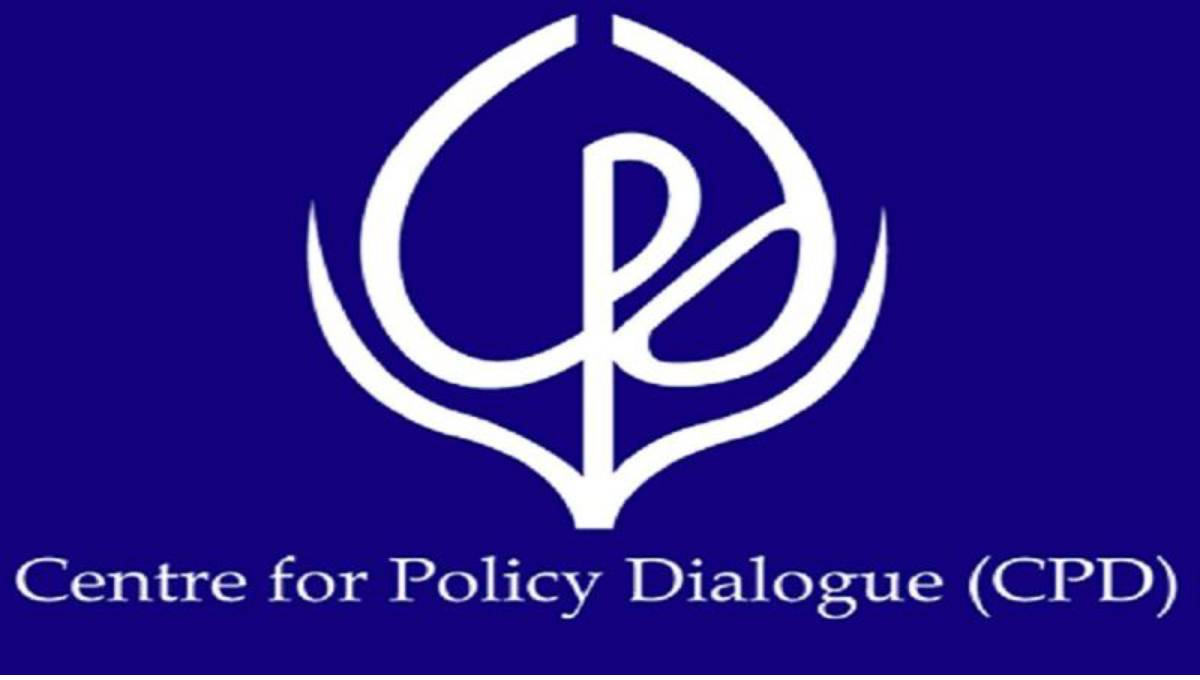
DHAKA, Nov 20, 2022 (BSS) - Speakers at a discussion today underscored the need for extending LDC-specific special and differential treatments (S&DTs) for a time-bound period.
They made the observation at a virtual dialogue titled "WTO-MC12 Outcomes Next Steps for Bangladesh as a Graduating LDC".
The discussion session was organised by the Centre for Policy Dialogue (CPD) in partnership with Friedrich-Ebert-Stiftung (FES) Bangladesh.
The much-anticipated conference took place after five years following the WTO-MC11 held in Buenos Aires, Argentina, back in December 2017.
Elements of the possible graduation support package that was proposed by LDCs, CDP, and others -
Extend LDC-specific S&DTs for a time-bound period
Design a Debt Relief Initiative for graduating LDCs to incentivize graduation and release funds to undertake activities in support of sustainable graduation (CDP)
Put in place a Graduation Support Fund
Support the proposal floated to provide preferential access to the extent of Domestic Value Addition in graduating LDCs
Embed concerns of graduating LDCs in ongoing negotiations where decisions may be taken at MC12, keeping in the purview the perspectives as both graduating LDC and future (non-LDC) developing country
Presenting his keynote speech at the event, CPD Distinguished Fellow Professor Dr Mustafizur Rahman said, "The demands made by the LDCs were neglected in the WTO-MC12. Instead, agendas important to the developed and rich nations were highlighted at the conference."
The ambition level at MC12 had to be significantly watered down to reach a consensus-based outcome in spite of the extension of the Conference by two days, reads the report prepared by Dr Mustafizur.
Bangladesh is the first major LDC to graduate. The six previously graduated LDCs are mostly small island economies (with a combined population of about five million).
Bangladesh is one LDC that was able to take the most advantage of LDC-specific S&DTs and consequently, it has the most to lose from the loss of LDC-specific ISMs.
To put things into perspective, almost 90 percent of all export losses of 12 graduating LDCs will be on account of Bangladesh.
The country's export loss due to the loss of preferential market access could be equivalent to about 14.3 percent of its global export.
Hence shifting from preference-driven competitiveness to skills and productivity-driven competitiveness if export performance is to be sustained and enhanced, suggested Dr Mustafizur.
He said, "There should be a separate and dedicated cell formed by the government to exclusively negotiate and secure Bangladesh's interests in the international trade forums."
Echoing the same, Dr Debapriya Bhattacharya, distinguished fellow of the CPD, said, "Countries that graduated LDC earlier are small countries in terms of population and economy size. Considering the economy and population, Bangladesh's graduation has higher significance in terms of the global and local context."
"Bangladesh is the only country that utilized properly the opportunities available as an LDC. The country boosted exports by utilizing preferential market access," he added.